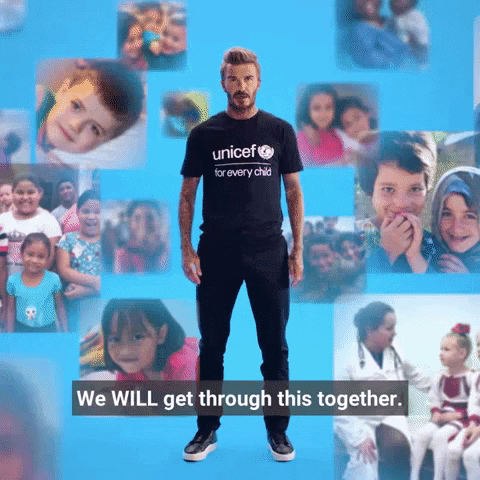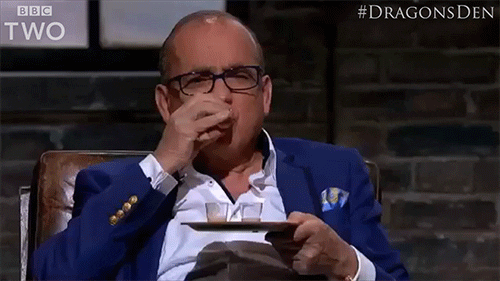Protecting Americans from Covid-19 has shifted from community-based mitigation strategies to an approach entirely reliant on personal responsibility and individual judgement. Meanwhile, approximately 19 million Americans are still ineligible for vaccine protection due to their young age.
While we wait to hear about vaccines for Littles, another element to our individualized approach is beginning in cities all over the country — the Test and Treat Initiative.
Why ‘Test and Treat’ Matters To Our Kids.
Oral Covid-19 therapy is already available to people aged at least 12-years and over 88 pounds, and at risk for serious complications from Covid-19. Additionally, Pfizer has announced the beginning of a Phase 2/3 trial to study the medication in younger kids — as young as 6 years and possibly younger. This research could mean another tool to help younger kids at greatest risk of significant illness.
To be clear, prevention against disease is always better than treatment. Antivirals are not a replacement for vaccination and will not offer the amount of protection that a vaccine can provide. This news, however, is important for families to know as antiviral therapies begin to be available for children.
Which Drug Are We Talking About?
Pfizer’s Paxlovid is the trade name of the oral Covid-19 treatment under EUA for younger age groups. The medication is distributed in packets containing three tablets - two tablets of nirmatrelvir with one tablet of ritonavir. All three tablets are taken twice a day for five days, as soon as possible after Covid-19 diagnosis AND within five days of symptom onset. Paxlovid is now available by prescription and is currently free of charge.
(Of note: Merck’s molnupiravir is the other oral therapy available, but currently has no use in pediatrics.)
How Does Paxlovid Work?
Paxlovid stops the Sars-CoV-2 virus from replicating. The medication binds to a critical enzyme required for the virus to make copies of itself. If the coronavirus cannot replicate, disease caused by the infection will be less severe.
Paxlovid contains two agents that work synergistically. Nirmatrelvir is the workhorse of the pair — blocking the protease enzyme so the virus cannot replicate. Ritonamir slows down the destruction of nirmatrelvir so the workhorse can complete its job. Taking both together allows for each drug to get to target plasma levels.
In adults, Paxlovid has been shown to be successful in high-risk individuals, reducing hospitalization nearly 90% in unvaccinated patients during the Delta surge.
Which Kids Qualify for Paxlovid?
The specifics of which type of pediatric patients who qualify for Test and Treat are not clear. However, one could assume the chronic health conditions we know increase risk of significant illness would be included. In children, the list might include those with:
Cystic Fibrosis
Mental health conditions
Asthma
Congenital heart disease
Diabetes
Immunocompromised conditions
Cancer
Sickle cell anemia
Various genetic, neurologic and metabolic conditions
For reference, here’s a link to a list of adult high-risk conditions.
Any side effects?
The most common side effects reported from adult studies are impaired sense of taste (or dysgeusia, for those looking for fun new word), diarrhea, increased blood pressure and muscle aches.
My Thoughts
Sars-CoV-2 is never going away. It is increasingly clear that each one of us will be exposed and/or infected with coronavirus many times throughout our lives. Oral therapies are another step in our ability to help control the virus and save lives. These drugs, however, are not a panacea.
Prevention through vaccination should remain our primary goal. Historically, antiviral therapies have been valuable for individuals at high risk of severe disease from viral infection. For normal, healthy people, antivirals may help us feel better more quickly, but do little else. As such, my worry is that those who have been frightened by disinformation about the Covid vaccination will see oral treatments as an equivalency to vaccine-acquired personal protection. This, of course, is not true.
The Test to Treat system has gaps. The most glaring disconnect is encouraging ill patients to visit local pharmacies to get tested and treated, without requiring the person to be masked or vaccinated. We also have to remember that Covid replicates and spreads so quickly, the time from symptom-onset to Test and Treat may be too long to show any valuable change for lower-risk households. And, Paxlovid competes with a lot of other medications and certain medical conditions, which makes offering the drug to everyone more difficult.
Finally, resistance happens. As we all learned with Omicron, the Sars-CoV-2 virus is slippery. There is simply so much virus being hosted in humans and animals on our planet. It’s inevitable the virus will survive in more dangerous and contagious forms. As such, it’s unclear how long these oral agents will be effective. However, usage may be very well justified in younger and healthier people if the drugs are accessible to those most at-risk of death, prevent serious complications and limit spread to others.
Dr. Natasha’s Bottom Line
Oral therapies against Covid-19 will become another tool to fight against the virus and save children’s lives. The scientific process will give us the best information about these therapies over time. Meanwhile, I will continue to be encouraging the primary way to defend against Covid-19, safe and effective vaccination.
More to come,








Share this post